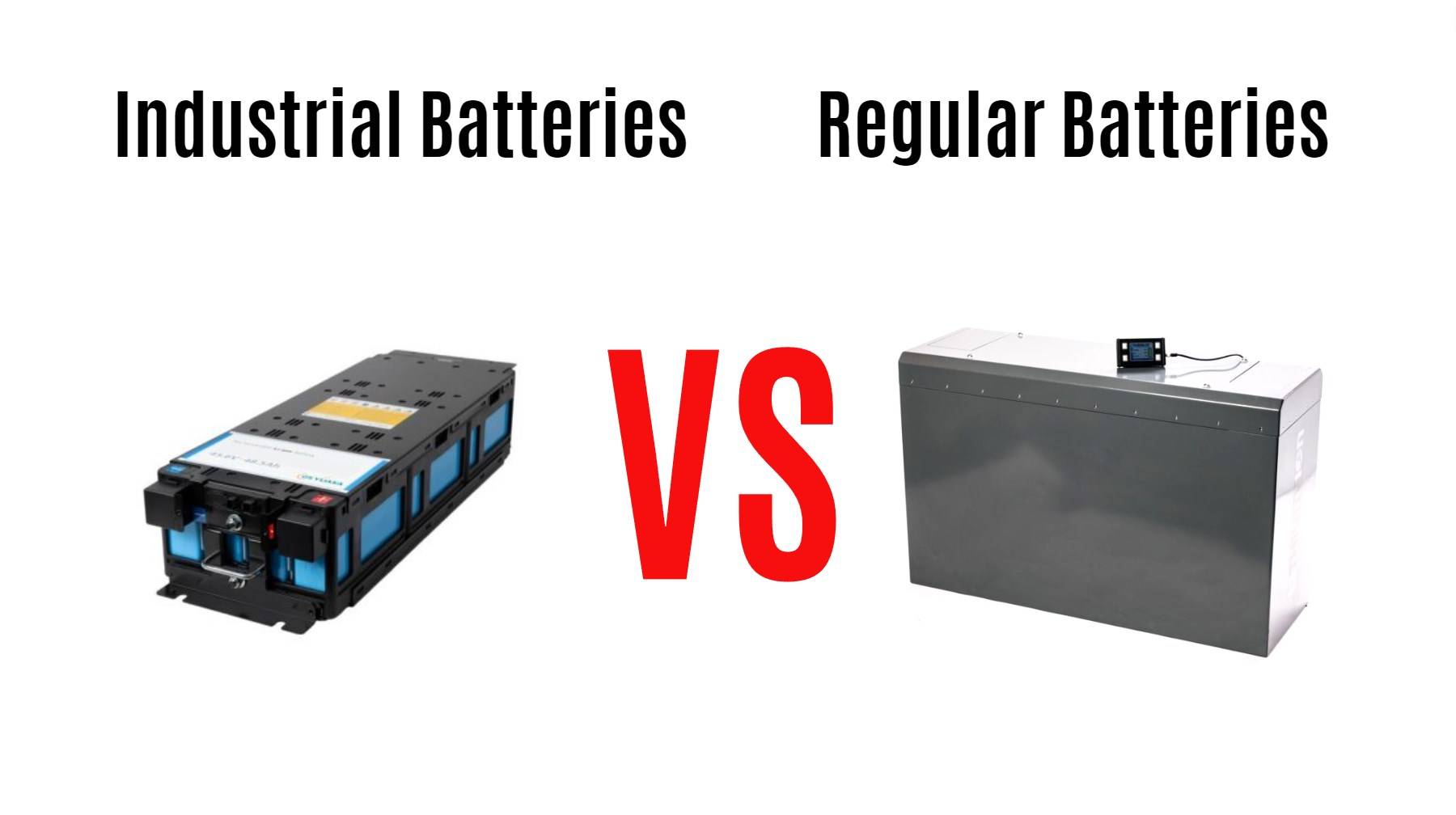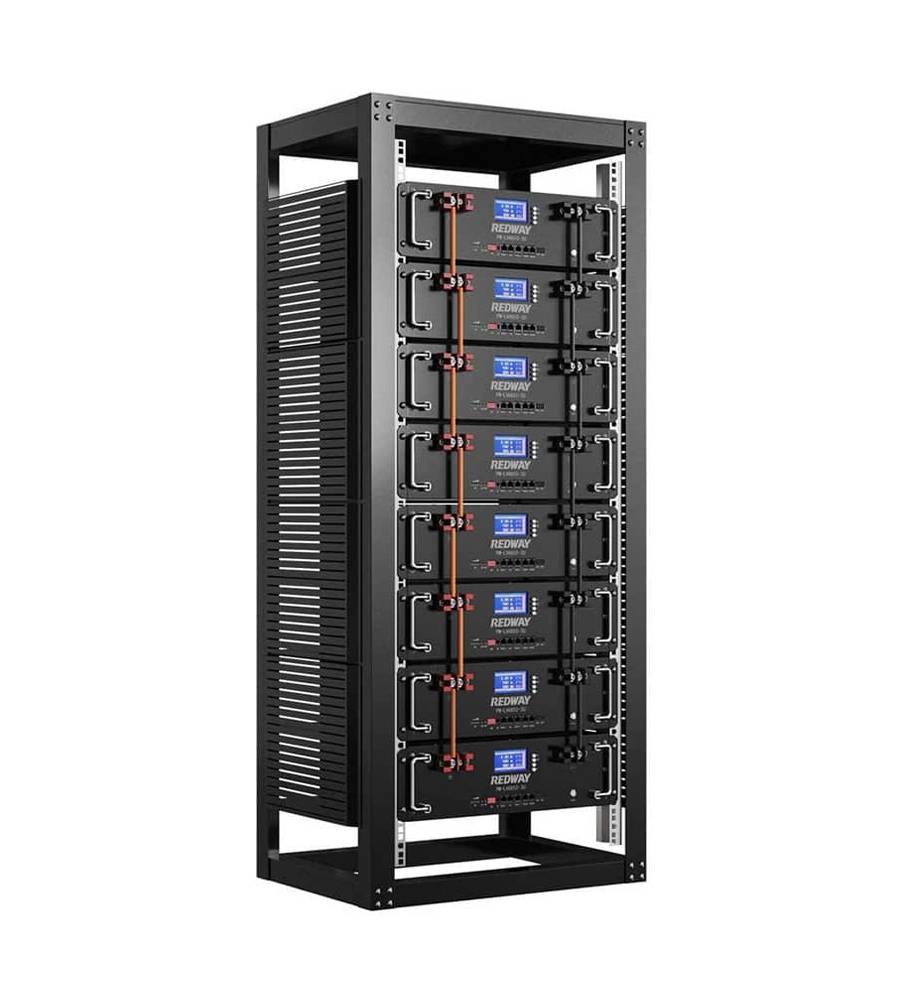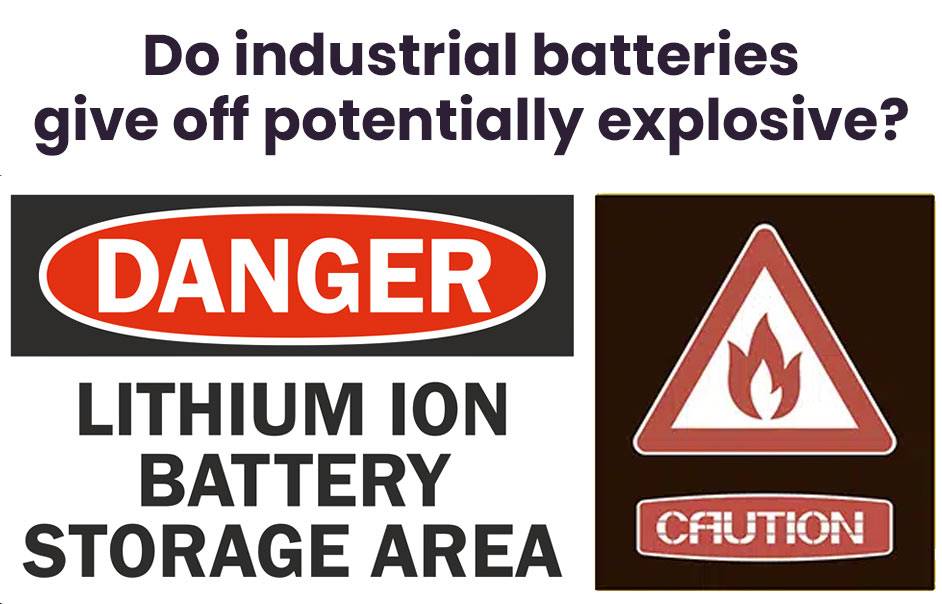- Forklift Lithium Battery
-
48V
- 48V 210Ah
- 48V 300Ah
- 48V 420Ah (949 x 349 x 569 mm)
- 48V 420Ah (950 x 421 x 450 mm)
- 48V 456Ah
- 48V 460Ah (830 x 630 x 590 mm)
- 48V 460Ah (950 x 421 x 450 mm)
- 48V 460Ah (800 x 630 x 600 mm)
- 48V 460Ah (820 x 660 x 470 mm)
- 48V 500Ah
- 48V 560Ah (810 x 630 x 600 mm)
- 48V 560Ah (950 x 592 x 450 mm)
- 48V 600Ah
- 48V 630Ah
-
48V
- Lithium Golf Cart Battery
- 12V Lithium Battery
12V 150Ah Lithium RV Battery
Bluetooth App | BCI Group 31
LiFePO4 Lithium
Discharge Temperature -20°C ~ 65°C
Fast Charger 14.6V 50A
Solar MPPT Charging - 24V Lithium Battery
- 36V Lithium Battery
- 48V Lithium Battery
-
48V LiFePO4 Battery
- 48V 50Ah
- 48V 50Ah (for Golf Carts)
- 48V 60Ah (8D)
- 48V 100Ah (8D)
- 48V 100Ah
- 48V 100Ah (Discharge 100A for Golf Carts)
- 48V 100Ah (Discharge 150A for Golf Carts)
- 48V 100Ah (Discharge 200A for Golf Carts)
- 48V 150Ah (for Golf Carts)
- 48V 160Ah (Discharge 100A for Golf Carts)
- 48V 160Ah (Discharge 160A for Golf Carts)
-
48V LiFePO4 Battery
- 60V Lithium Battery
-
60V LiFePO4 Battery
- 60V 20Ah
- 60V 30Ah
- 60V 50Ah
- 60V 50Ah (Small Size / Side Terminal)
- 60V 100Ah (for Electric Motocycle, Electric Scooter, LSV, AGV)
- 60V 100Ah (for Forklift, AGV, Electric Scooter, Sweeper)
- 60V 150Ah (E-Motocycle / E-Scooter / E-Tricycle / Tour LSV)
- 60V 200Ah (for Forklift, AGV, Electric Scooter, Sweeper)
-
60V LiFePO4 Battery
- 72V~96V Lithium Battery
- Rack-mounted Lithium Battery
- E-Bike Battery
- All-in-One Home-ESS
- Wall-mount Battery ESS
-
Home-ESS Lithium Battery PowerWall
- 24V 100Ah 2.4kWh PW24100-S PowerWall
- 48V 50Ah 2.4kWh PW4850-S PowerWall
- 48V 50Ah 2.56kWh PW5150-S PowerWall
- 48V 100Ah 5.12kWh PW51100-F PowerWall (IP65)
- 48V 100Ah 5.12kWh PW51100-S PowerWall
- 48V 100Ah 5.12kWh PW51100-H PowerWall
- 48V 200Ah 10kWh PW51200-H PowerWall
- 48V 300Ah 15kWh PW51300-H PowerWall
PowerWall 51.2V 100Ah LiFePO4 Lithium Battery
Highly popular in Asia and Eastern Europe.
CE Certification | Home-ESS -
Home-ESS Lithium Battery PowerWall
- Portable Power Stations
What Is the Difference Between Industrial Batteries and Regular Batteries?

Industrial batteries are designed for heavy-duty applications, offering higher capacities and durability compared to regular batteries, which are typically used in consumer electronics. Understanding these differences is crucial for selecting the right battery for specific needs, whether in industrial settings or everyday use.
What Are Industrial Batteries?
How are industrial batteries defined?
Industrial batteries are large-capacity batteries engineered for demanding applications such as manufacturing, warehousing, and renewable energy storage. They are built to withstand harsh conditions and frequent cycling, making them ideal for equipment like forklifts and backup power systems.
What types of industrial batteries exist?
Industrial batteries come in various types, including lead-acid, lithium-ion, and nickel-cadmium. Each type serves specific applications based on energy requirements, environmental conditions, and longevity.
What Are Regular Batteries?
How are regular batteries characterized?
Regular batteries, often referred to as consumer batteries, are smaller and designed for everyday devices like remote controls, toys, and portable electronics. They generally have lower capacities and shorter lifespans compared to industrial batteries.
What types of regular batteries are commonly used?
Common types of regular batteries include alkaline, lithium-ion, and nickel-metal hydride (NiMH). These batteries are widely available and inexpensive but may not perform well under extreme conditions.
How Do Industrial Batteries Differ from Regular Batteries?
What are the key differences in size and capacity?
Industrial batteries are significantly larger and have higher capacities than regular batteries. This allows them to provide sustained power for heavy-duty machinery over extended periods.
| Feature | Industrial Batteries | Regular Batteries |
|---|---|---|
| Size | Larger | Smaller |
| Capacity | Higher | Lower |
How does intended use affect battery choice?
Industrial batteries are designed for rigorous environments like factories or construction sites. In contrast, regular batteries cater to household gadgets that require less power.
Why is lifespan an important factor?
Industrial batteries are built for longevity, often lasting several years with proper maintenance. Regular batteries typically have shorter lifespans and may be disposable after a limited number of uses.
How Does Durability Impact Performance?
Why are industrial batteries more durable?
Industrial batteries are constructed to endure extreme temperatures, vibrations, and impacts. This ruggedness ensures reliable performance in challenging environments where regular batteries might fail.
What about the durability of regular batteries?
Regular batteries lack the robust construction of industrial types and may not withstand harsh conditions or rough handling.
What is the cost difference between industrial and regular batteries?
While industrial batteries have a higher upfront cost due to their size and durability, they can be more economical in the long run because of their longevity. Regular batteries are cheaper initially but may require frequent replacements.
| Cost Factor | Industrial Batteries | Regular Batteries |
|---|---|---|
| Initial Cost | Higher | Lower |
| Long-term Cost | Lower (due to longevity) | Higher (due to replacements) |
How Do Rechargeability Options Vary?
Are industrial batteries rechargeable?
Many industrial batteries are designed to be rechargeable, making them suitable for applications that require continuous power supply.
What about regular battery options?
While some regular batteries can be rechargeable (like NiMH or lithium-ion), many common types (like alkaline) are disposable.
What Is the Environmental Impact?
How do industrial batteries affect the environment?
Due to their larger size and chemical content, industrial batteries can pose significant environmental risks if not disposed of properly. Recycling options exist but require careful management.
Are regular batteries environmentally friendly?
Regular disposable batteries contribute to waste if not recycled correctly. However, rechargeable options help mitigate this impact by reducing single-use products.
Industrial News
Recent trends indicate a growing focus on sustainability within the battery industry. New regulations aim to improve recycling processes for both industrial and consumer-grade batteries. Companies are increasingly investing in technologies that enhance battery life while minimizing environmental impact. This shift reflects a broader commitment to sustainable practices across various sectors.
Redway Power Expert Views
“Choosing the right battery type is essential for optimizing performance in any application,” states an expert from Redway Power. “While industrial batteries offer superior durability and longevity, understanding your specific needs will guide you toward the most effective solution—whether that’s an industrial-grade option or a reliable consumer battery.”
FAQ Section
What is the main difference between industrial and regular batteries?
Industrial batteries are larger with higher capacities designed for heavy-duty applications, while regular batteries are smaller and suited for everyday consumer devices.How long do industrial batteries last compared to regular ones?
Industrial batteries can last several years with proper care, whereas regular batteries typically have shorter lifespans.Are all industrial batteries rechargeable?
Many industrial batteries are designed to be rechargeable; however, some may be intended for single-use depending on their application.What environmental considerations should I keep in mind?
Industrial batteries can pose environmental risks if not disposed of properly due to their chemical content. Regular disposable batteries also contribute to waste if not recycled correctly.How do costs compare between these two types of batteries?
Industrial batteries generally have higher upfront costs but offer lower long-term costs due to their longevity compared to regularly replaced consumer-grade options.By understanding these distinctions between industrial and regular batteries, users can make informed decisions tailored to their specific power needs.
Advantages of using industrial batteries
Industrial batteries provide several key advantages, making them essential for powering heavy-duty equipment in various industries.
- High Energy Supply:
- Designed to handle high energy demands, ensuring constant and reliable power for heavy machinery and equipment.
- Ideal for applications where uninterrupted power supply is critical for maintaining operations.
- Durability:
- Built to withstand harsh conditions such as extreme temperatures, vibrations, and impacts in industrial environments.
- Engineered for consistent performance even in challenging circumstances, minimizing downtime and ensuring reliability.
- Higher Capacity:
- Offer higher capacities compared to regular batteries, allowing for extended periods of operation before recharging or replacement.
- Crucial for industries requiring prolonged use without interruptions, enhancing productivity and efficiency.
- Scalability and Flexibility:
- Many industrial battery systems feature modular designs for easy scalability and expansion to meet evolving needs.
- This flexibility ensures adaptability in changing work environments without sacrificing performance.
- Low Maintenance:
- Some industrial batteries are maintenance-free or require minimal upkeep, reducing downtime and saving costs associated with regular servicing.
- Enhances operational efficiency by eliminating the need for frequent maintenance tasks.
- Eco-Friendly Options:
- Available in eco-friendly chemistries like lithium-ion, which offer environmental benefits compared to traditional lead-acid batteries.
- Addresses environmental concerns while meeting power requirements, aligning with sustainable practices in modern industries.
Differences between industrial batteries and regular batteries (size, power, durability)
Industrial batteries and regular batteries differ significantly in size, power output, and durability, impacting their suitability for different applications.
- Size:
- Industrial batteries are larger and heavier to accommodate higher capacity needs for powering larger equipment.
- Regular batteries are smaller and lighter, designed for use in smaller devices with lower power requirements.
- Power Output:
- Industrial batteries deliver high power output over extended periods, suitable for heavy-duty equipment.
- Regular batteries are used for smaller devices with lower power demands, providing sufficient energy for everyday use.
- Durability:
- Industrial batteries are built to withstand harsh conditions like extreme temperatures and vibrations, ensuring long cycle life and reliable performance.
- Regular batteries may not perform as well under demanding conditions and may require more frequent replacements, especially in industrial settings.
Conclusion: Consider the size, power output, and durability requirements when choosing between industrial and regular batteries for specific applications. Understanding these differences helps in selecting the right battery for optimal performance and longevity.
Cost comparison between industrial and regular batteries
Cost plays a crucial role in deciding between industrial and regular batteries, with industrial batteries typically having a higher upfront cost due to their heavy-duty design.
- Industrial Battery Cost:
- Industrial batteries are initially more expensive but offer longer lifespans and better performance, making them cost-effective in the long run.
- Suitable for industries requiring uninterrupted power supply, where reliability and durability are paramount even at a higher initial investment.
- Regular Battery Cost:
- Regular batteries are cheaper upfront but may lack the durability and capacity needed for heavy-duty applications.
- Commonly used in everyday devices with lower power demands, where cost-effectiveness and convenience are prioritized over long-term performance.
- Long-term Savings:
- The higher energy density of industrial batteries results in longer lifespans, reducing the need for frequent replacements and leading to potential long-term savings.
- Industries heavily reliant on uninterrupted power supply may find the investment in industrial batteries worthwhile despite the higher initial cost.
Conclusion: Consider your specific needs, usage requirements, and budget constraints when choosing between industrial and regular batteries. While regular batteries may seem more affordable initially, industrial batteries offer better durability and performance, potentially leading to cost savings over time, especially in critical operations requiring uninterrupted power supply.
Factors to consider when choosing between the two types of batteries
Several factors should be considered when deciding between industrial batteries and regular batteries, as each type offers distinct advantages and limitations.
- Power Requirements:
- Assess the power demands of your equipment or device to determine whether industrial batteries, designed for high-power and long-term usage, or regular batteries, suited for lower power devices with shorter usage times, are more suitable.
- Durability:
- Consider the durability needs of your application; industrial batteries are built to withstand harsh conditions, while regular batteries may require frequent replacements in demanding environments.
- Size Considerations:
- Evaluate the available space and portability requirements, as industrial batteries are larger and bulkier compared to regular batteries due to their increased capacity and power output.
- Cost-Effectiveness:
- Balance upfront costs with long-term value, as industrial batteries may have higher initial expenses but offer better longevity and durability, potentially leading to cost savings over time.
- Application-Specific Requirements:
- Understand the specific needs of your industry or application, such as safety regulations and operational requirements, to ensure the chosen battery type meets those criteria effectively.
- Technical Support Availability:
- Ensure access to adequate technical support from manufacturers or suppliers, particularly for critical operations where downtime is costly, throughout the lifespan of the battery system.
















